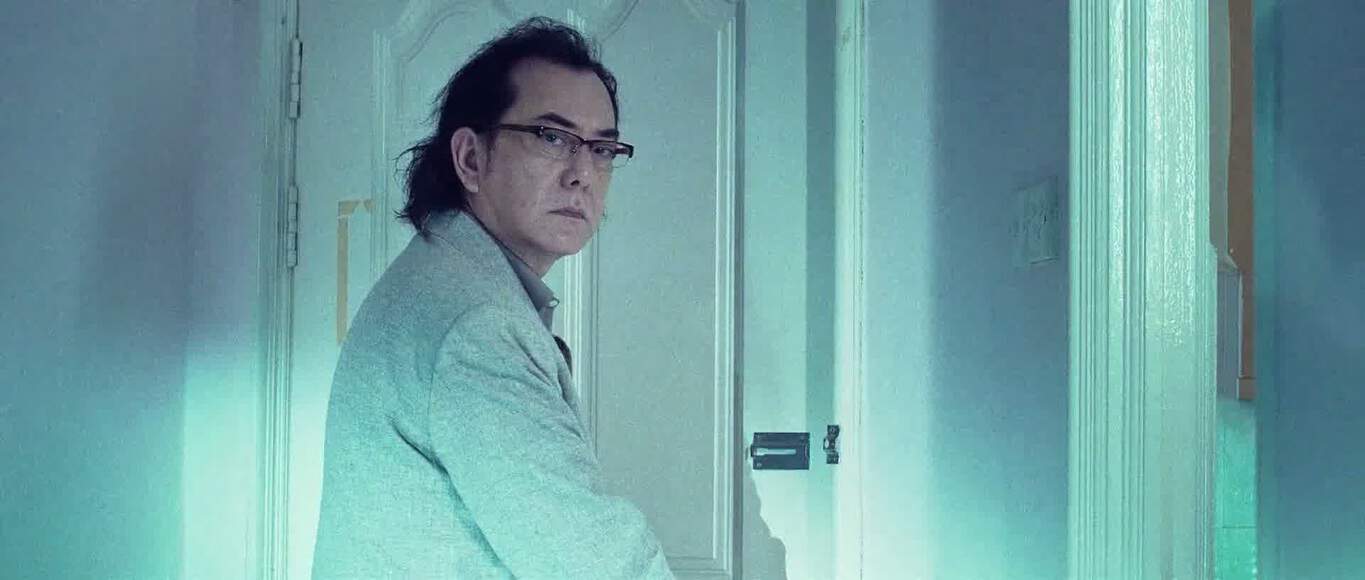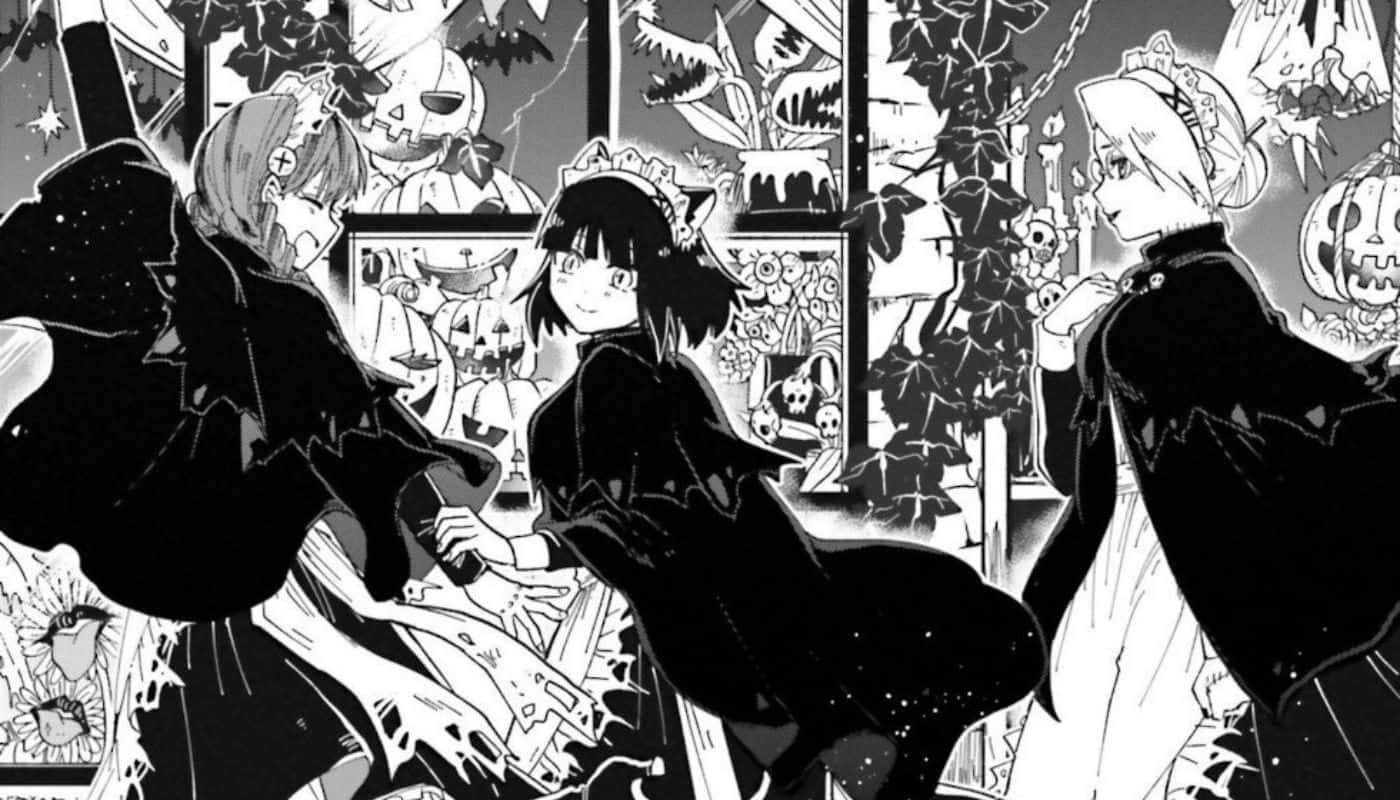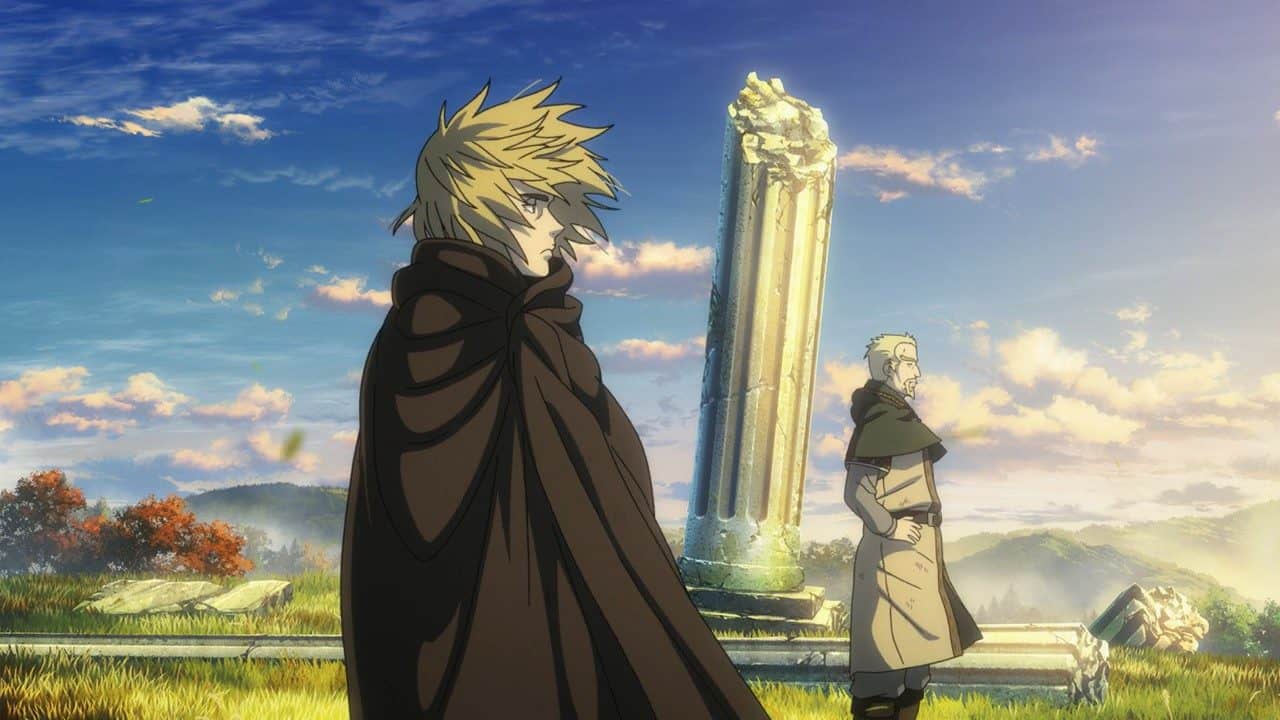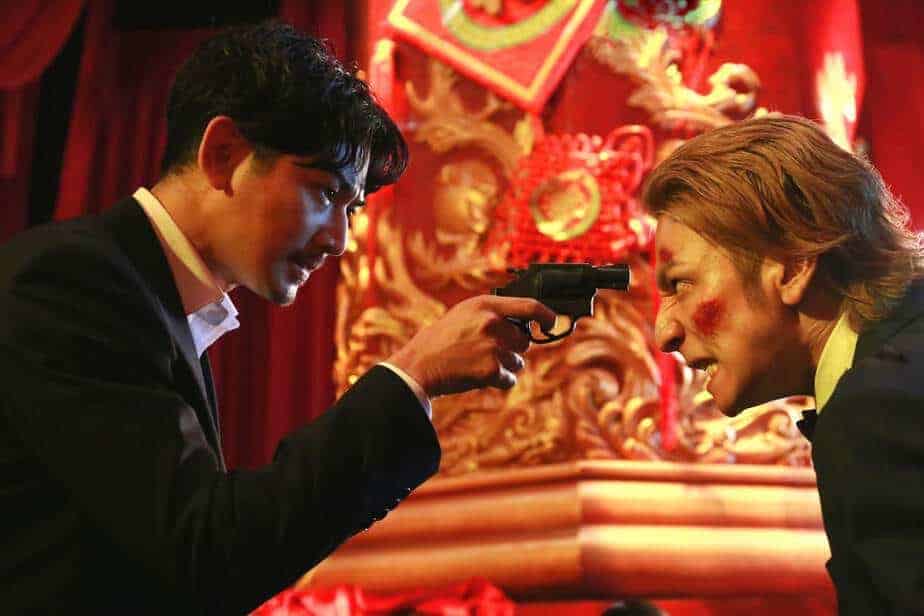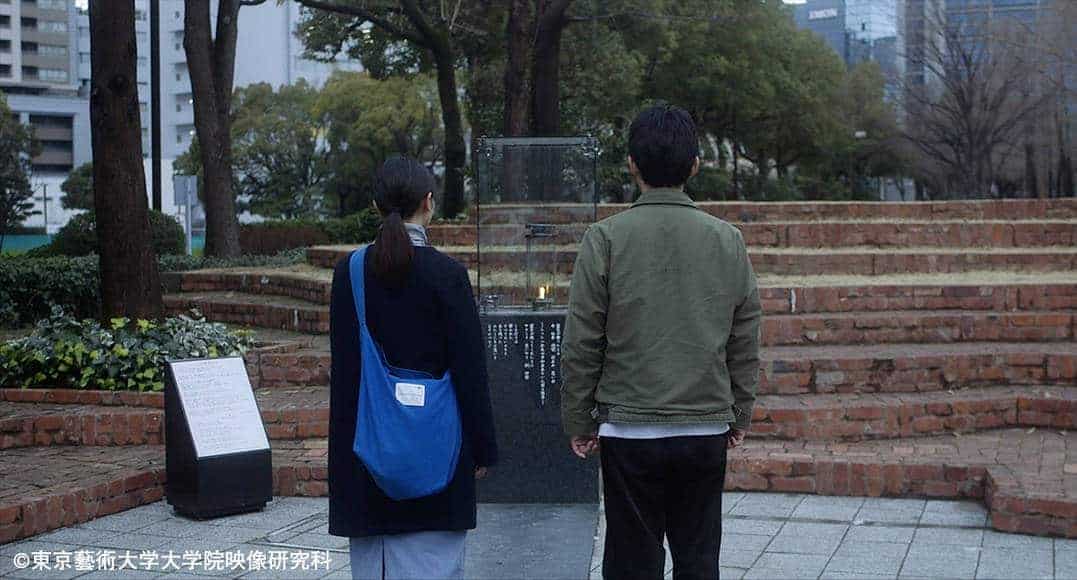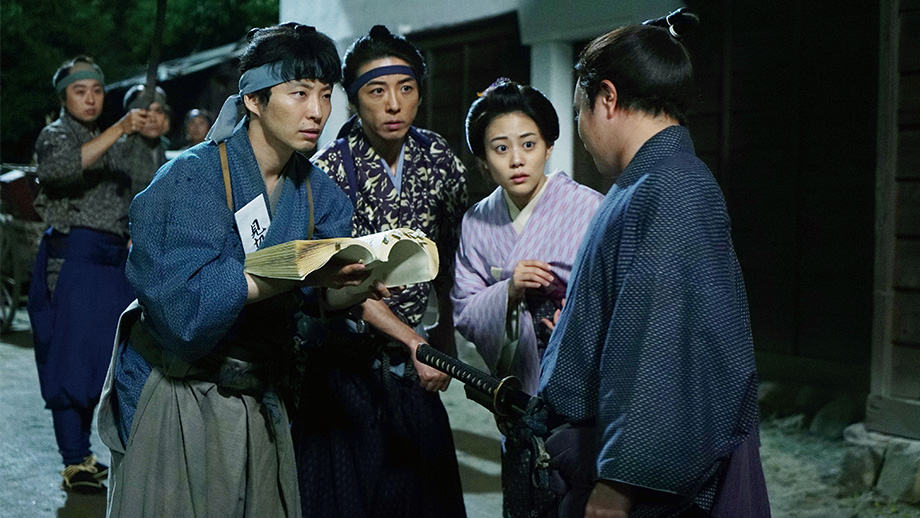In her second feature after the critically acclaimed “Don't Look At Me That Way” (2015) Mongolian-German director Usienma again deals with characters in between two cultures. Considering her family moved to Germany when she was four years old, it is a theme which is very dear to her as it is obviously part of her biography. In interviews, she has explained how her relationship to Mongolia has changed over the years, a development which ran parallel to the country changing, with the place of her childhood years only existing in rural areas, as she explains in an interview with the German newspaper “Merkur”. Her second feature “Black Milk” takes place in these rural areas of Mongolia, showing its beauty, but also the clash of two cultures, two sets of gender identities embodied by two sisters who fittingly are called Ossi and Wessi.
After many years of living in Germany, Wessi (Uisenma Borchu) decides to go back to her home country Mongolia and to her family. Her sister Ossi (Gunsmaa Tsogzol) lives with her seemingly no-good husband in a rural part of the country, making a living as shepherds. Even though both sisters are quite happy to see each other again and the rest of the family celebrates the arrival of their “long lost” member, it becomes quite apparent there is also an emotional and cultural gap between the sisters. After days of her return, the more liberal-minded Wessi repeatedly tests the more traditional way of living of Ossi, especially her relationship with her husband, who spends most of his nights drinking away whatever money the family has.
However, it is not until Wessi becomes attracted to Terbish (Terbish Demberel), an old man who lives alone and mostly isolated from the other farmers. As Wessi expresses her wish to be seduced by him and how living with him might be, she opposes her family's traditions and endangers its reputation within the community.
During one of the key moments of the film, Wessi explains the meaning of the oxymoron “back milk”. As she tells her sister the story of Cleopatra, the Egyptian queen who supposedly bathed in milk to make her look younger and attractive for other men, Ossi becomes increasingly fed up with this tale of waste and the affront towards something sacred in her culture. Given the nurturing quality of milk, it is both a symbol for motherhood and the foundation for the majority of food items she prepares on a daily basis. To waste something so precious to make one look younger is incomprehensible to her but, as the way she talks and behaves tell, also an act of irresistible attraction. The idea of the black milk, as Wessi later on says, becomes the ultimate provocation, the expression for the dark secrets one carries around, thoughts and also sexual desires.
In general, Borchu's script is defined by ambiguities such as the aforementioned one. However, it is not only on a “mere” symbolic level, but also touches upon the characters and their relationships. Upon leaving her husband (played by German actor Franz Rogowski) who stated that “you belong to me”, Wessi uses the same statement when seeing her self in the mirror, expressing both a sense of self-confidence and defiance as well as doubt since it seems as if she is posing a question to herself rather than stating a fact. On another level, this phrase becomes almost a motto for her and her sister's story as the statement/ questions seems to be always on their minds when looking at each other, but also the wide and open landscape.
Regarding the landscape, Borchu and cinematographer Sven Zeller highlight the elusive nature of the desert outside the rural home of the sisters' family. Defined by only a few dunes as well as the sheer constant sound of wind, its seems to be almost a contrast to the enclosed, perhaps even claustrophobic spaces the character live in. The oppressive nature of tradition, the constructs of gender and what they mean establish the spiritual walls which in the end restrict what is seemingly open, for both characters.
In the end, “Black Milk” is a strong and quite impactful drama about the clash of perspectives, traditions and gender roles. Similar to her previous feature, director Uisenma Borchu deals with complex subjects, putting her characters in the wide desert of rural Mongolia, a place seemingly emphasizing a longing to be free and the restricting nature of tradition.



